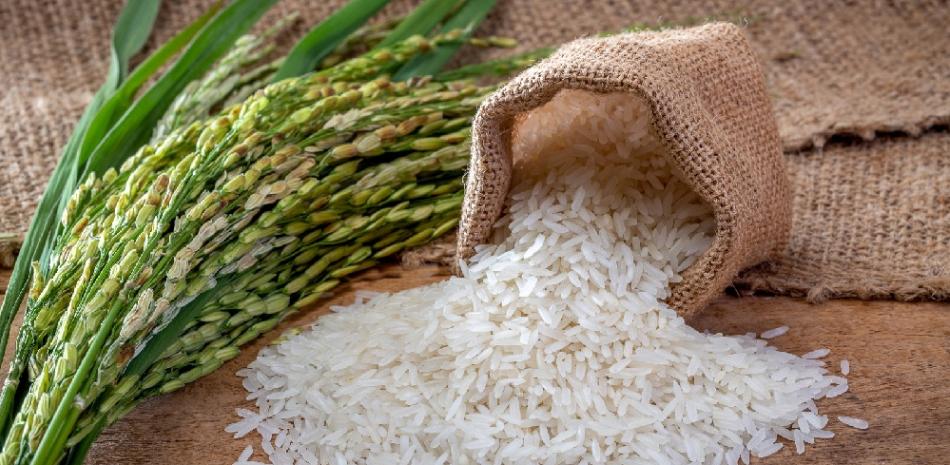
The question is whether the results of University of Michigan tests to rice exported from the United States to Haiti would also apply to US rice imported into the Dominican Republic.
A recently published University of Michigan study revealed there are toxic levels of arsenic in the rice sent to Haiti. Likewise, the study acknowledges, lower-priced US imports have destroyed the rice production in Haiti.
Dominican rice producers fear the same could happen now that the 25-year leave way for Dominican producers to prepare for tax free US imports is about to end. The provision is part of the DR-CAFTA trade agreement.
The president of the National Federation of Rice Producers (Fenarroz), Marcelo Reyes Jorge, told Listin Diario that the results of the University of Michigan study on the level of arsenic in rice exported by the United States to Haiti creates an alert about the importance and need to maintain food sovereignty in the main food consumed by Dominicans.
“We all know that, for more than 20 years, we have been receiving rice from the United States in small quantities both through DR-CAFTA and some items due to shortages. I don’t know if these studies will also be carried out on rice imports that arrived in the country,” responded the rice leader when asked by Listín Diario regarding the results of the study.
He said the rice producers have always pointed to what has happened in Haiti where the low cost imports destroyed the local rice production apparatus and how evidence continues to appear that it would be a big mistake for Dominicans to give up production and instead venture into food dependence on another country.
Read more:
Listin Diario
University of Michigan
Food Systems Journal
26 February 2024

